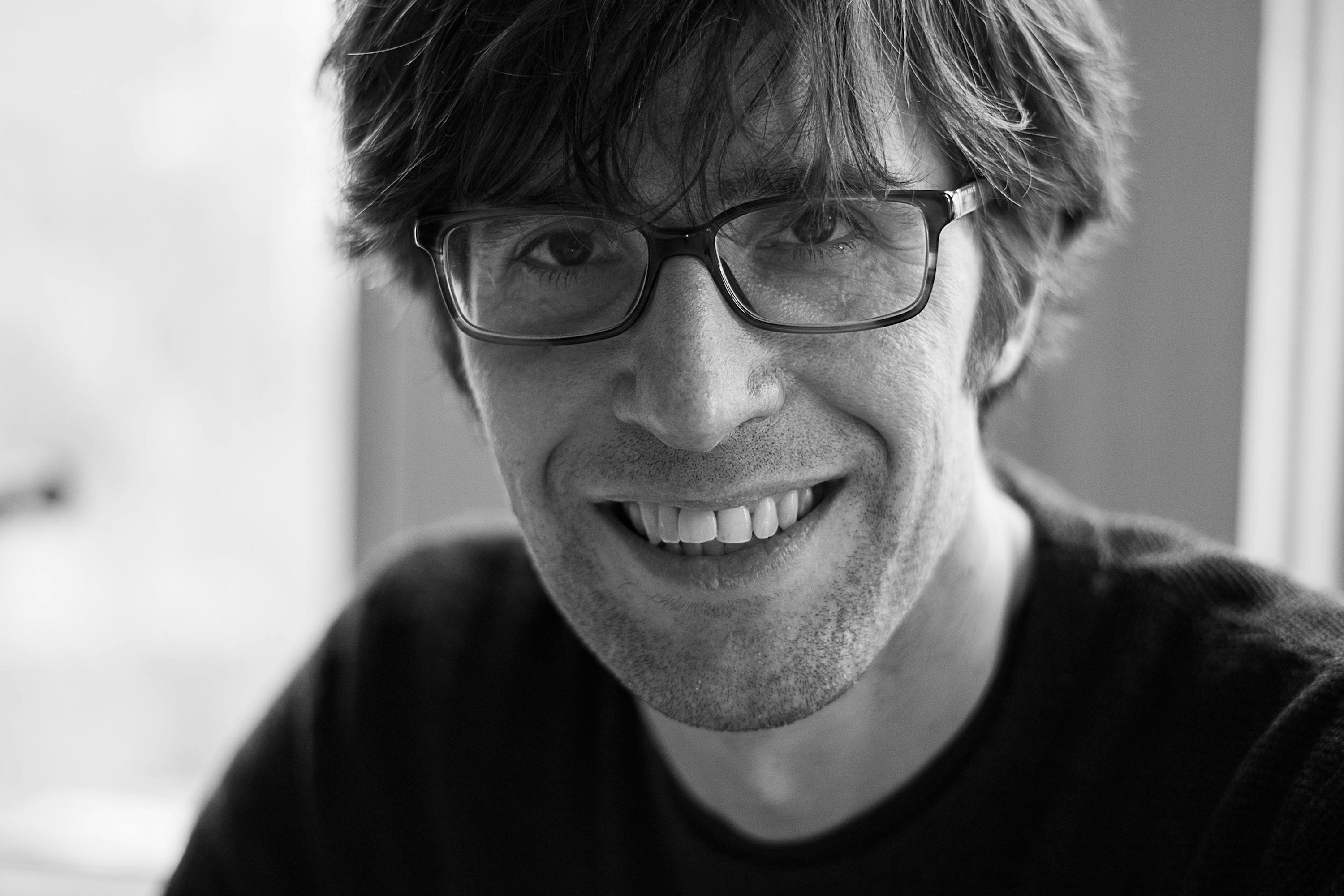Episode Notes
Andrés Colubri (@codeanticode) on how he manages to do seemingly different things—such as art, computational biology, or open-source development—by connecting them around one overarching theme.
Andrés grew up in Buenos Aires, Argentina, where he obtained his doctoral degree in mathematics at the Universidad Nacional el Sur.
After living in the United States for a while, he went back to Buenos Aires to distance himself from the academic scene and revisit his interests on the visual arts, drawing, and animation. It was then when he crossed paths—and got hooked—with the world of creative coding, where art and computation join as one.
On his way back to the United States, Andrés got heavily involved with creating art with code, and became a major contributor to the Processing open-source project—what would become an international entry point to computer programming for artists and designers.
He leads the Processing for Android initiative, and recently released Processing for Android: Create Mobile, Sensor-Aware, and VR Applications Using Processing.
During weekdays, Andrés walks (or bikes) to work at the Sabeti Lab in Cambridge, Massachusetts, as a computational scientist—where he helps develop methods to detect and investigate natural selection in the genome of humans and other species, and to examine the genetic factors and signals of natural selection in pathogens such as the Ebola virus.
Links
- Processing is an open-source computer programming language and development environment commonly used for creative endeavors such as live installations and digital art. Andrés has been involved in the development of its core functionality for several years now. Processing was initiated by John Maeda's students Casey Reas and Ben Fry, who built on Maeda's previous work (Design By Numbers).
- Design by Numbers was an experiment to teach programming led by John Maeda at the MIT Media Lab in the 1990s, with the intention of offering an easy entry point to computer programming to non-programmers (such as designers and artists).
- The protein folding problem is "the obstacle that scientists confront when they try to predict 3D structure of proteins based on their amino acid sequence."
- Shaders are "a type of computer program that was originally used for shading (the production of appropriate levels of light, darkness, and color within an image) but which now performs a variety of specialized functions in various fields of computer graphics special effects or does video post-processing unrelated to shading, or even functions unrelated to graphics at all."
- The Emotional Life of Books is an experiment that uses the emotional judgement of readers to inform how books are organized in the Garden Library for Refugees and Migrant Workers.
- Processing for Android was initiated by Ben Fry and Jonathan Feinberg.
- Processing for Android: Create Mobile, Sensor-Aware, and VR Applications Using Processing with Processing by Andrés Colubri.
- The Sabeti Lab, headed by Pardis Sabeti, is part of the FAS Center for Systems Biology at Harvard University, and maintains close ties to the Broad Institute of Harvard and MIT. It uses computational methods and genomics to understand mechanisms of evolutionary adaptation in humans and pathogens.
- Mirador is "a tool for visual exploration of complex datasets [that was the result of a collaboration between between Fathom Information Design and the Sabeti Lab.] It enables users to discover correlation patterns and derive new hypotheses from the data."
- Alone Together: Why We Expect More from Technology and Less from Each Other by Sherry Turkle.
- Patrick H. Winston is Ford Professor of Artificial Intelligence and Computer Science at the Massachusetts Institute of Technology.
I'd love to hear from you.
Submit a question about this or any previous episodes.
Join the Discord community. Meet other curious minds.
If you enjoy the show, would you please consider leaving a short review on Apple Podcasts/iTunes? It takes less than 60 seconds and really helps.
When you buy through links on Getting Simple, I may earn an affiliate commission.
Theme song Sleep by Steve Combs under CC BY 4.0.
